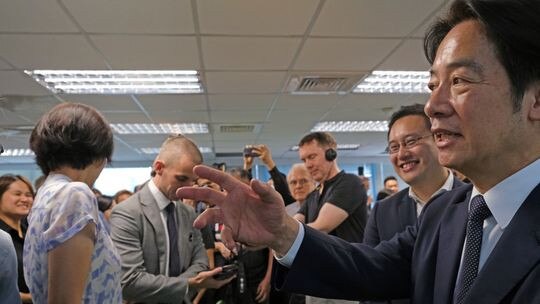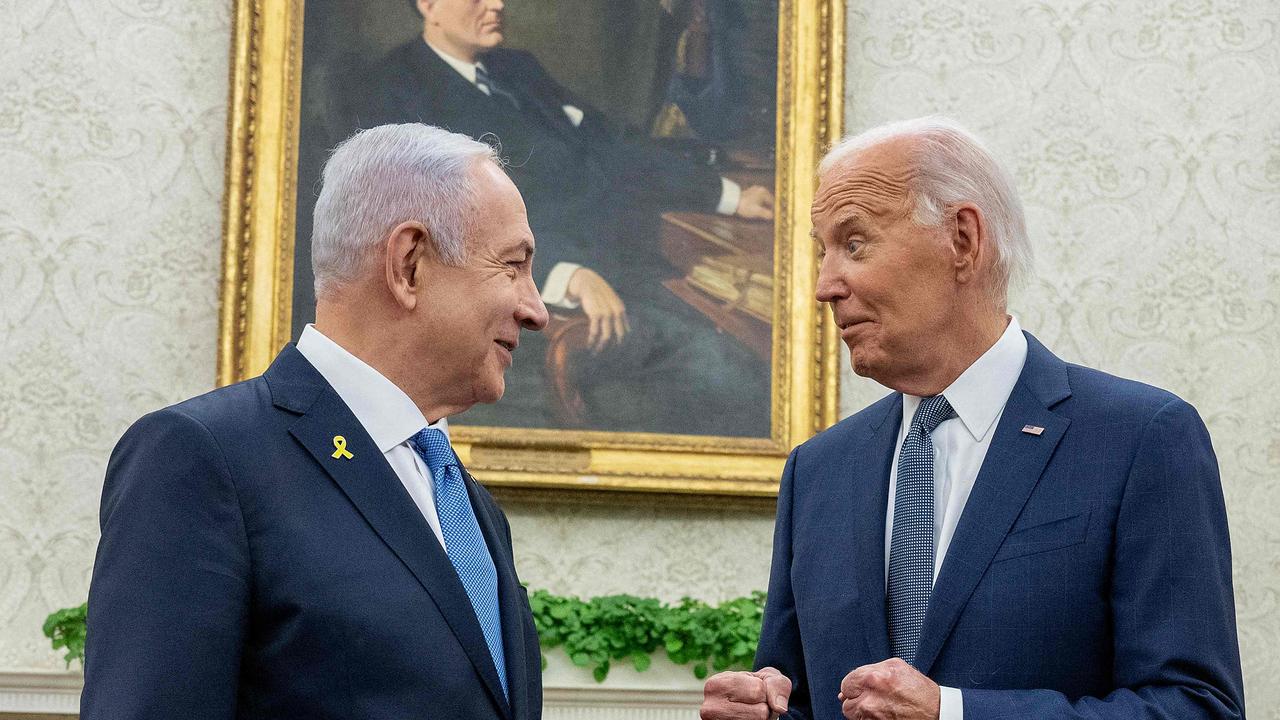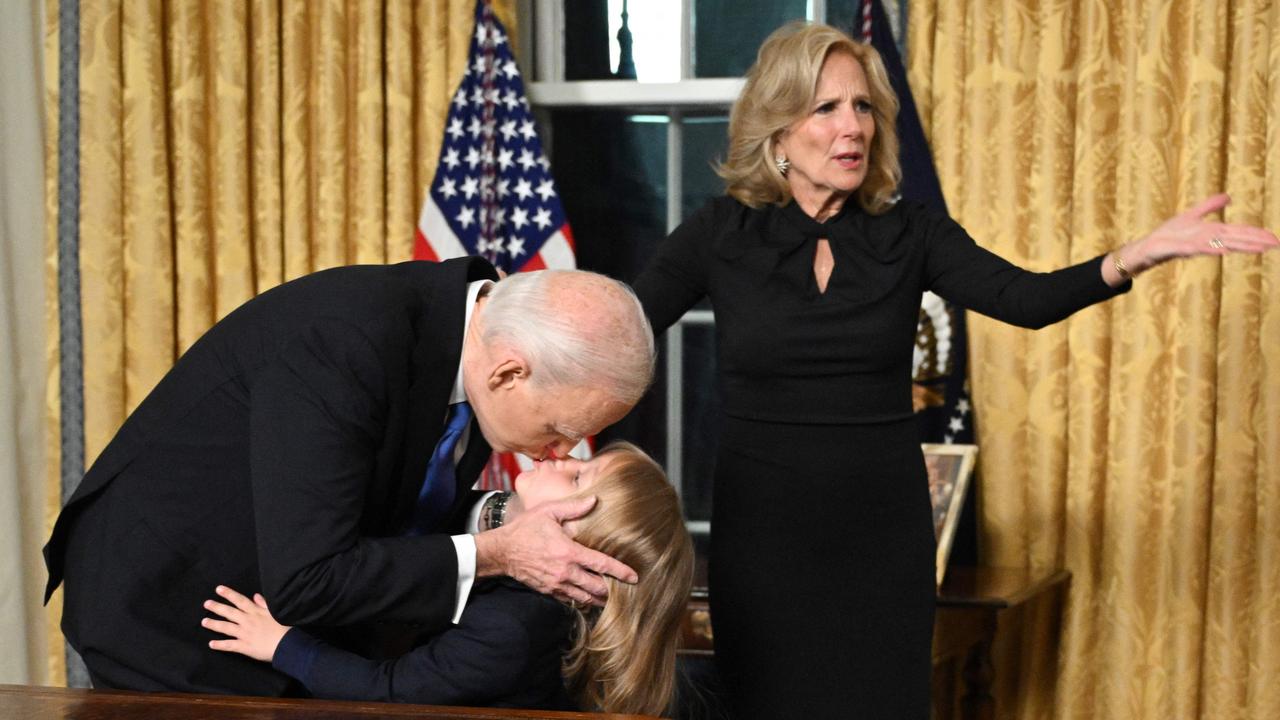Taiwan frontrunner warns of China bid to subvert political system
Lai Ching-te, Taiwan’s current vice-president, blames Beijing for heightened tension over the island democracy

Taiwan’s leading presidential candidate warned of Chinese meddling in a pivotal election set to take place early next year and blamed Beijing for heightened tensions across the Taiwan Strait.
Lai Ching-te, Taiwan’s current vice-president, said China was trying to undermine the island’s democratic system, and said that the world regarded Beijing, not Taipei, as the root cause of the recent escalation in cross-strait tensions.
The Taiwan presidential frontrunner’s remarks, made on Friday in Lai’s first press conference with the foreign media since securing his party’s nomination in April, came shortly after he returned home from a trip to Paraguay, one of Taiwan’s last remaining formal diplomatic allies — a trip that included two airplane transfers in the US.
China’s military responded to Lai’s stopovers in New York and San Francisco with joint sea and air readiness patrols around Taiwan’s main island, which Beijing characterised as “a stern warning to the secession forces advocating ‘Taiwan independence’ with external powers,” a reference to Lai’s ruling party, the Democratic Progressive Party.
Lai, who is enjoying a comfortable lead in the polls, is viewed in Beijing and Washington as a stalwart favouring asserting Taiwan independence — a red line for China — even more so than his boss, Taiwan President Tsai Ing-wen.
China’s Communist Party, which has never ruled Taiwan but claims it as part of its sovereign territory, has vowed to seize the island, by force if necessary.
On Friday, Lai said his determination to maintain the status quo in the Taiwan Strait, the 160km-wide body of water separating the island from China’s mainland, would be “unwavering” — an implicit nod to concerns that Lai might move more deliberately than Tsai to change the status quo.
“Despite Beijing’s best efforts, democracies are aligned in defence of our common values and interests,” he said, characterising Taiwan as a beacon of democracy and vowing to work more closely with like-minded countries.
He also repeated his assertion that Taiwan could already be said to be independent. By having an election, “Taiwan is already a sovereign and independent country,” Lai said.
Since Tsai became Taiwan’s president in 2016, Taipei has forged closer ties with Washington at the expense of Beijing, which has ratcheted up its rhetoric against Taiwan and intensified the pace of its military activity, flying sorties in the airspace around Taiwan on a near-daily basis.
On Thursday, Tsai proposed her last and largest-ever defence budget of nearly $US14bn, an effort to step up deterrence against China before her second and final term in office ends next year.
With the presidential elections five months away, Lai is the favourite in a three-way race with Hou Yu-ih of the Nationalist Party, the main opposition party also known as the Kuomintang, and Ko Wen-je, a third-party candidate.
The latest numbers from the Taiwan Public Opinion Foundation, which is seen as leaning toward Lai’s party, show him taking 43.4 per cent of the votes, compared with 26.6% for Ko, a former Taipei mayor, and 13.6 per cent for Hou, the current mayor of New Taipei City.
Even so, analysts said Lai’s lead could erode by the time voters cast their ballots in January, given Taiwan’s reputation for volatile politics.
Taiwanese business tycoon and Foxconn founder Terry Gou, who had sought the Kuomintang nomination, has also been keeping the public guessing about whether he may also find a way to throw his hat into the ring.
Ko, Hou and Gou all favour a less confrontational approach to China, while Lai — who said he is also willing to talk to China, and even share dinner with leader Xi Jinping — has adopted a more sceptical stance toward China.
During the Friday press conference, Lai said he noted his political opponents’ promises to seek peace through negotiation and dialogue.
Any dialogue under Beijing’s insistence that it is the only legitimate government of China and that Taiwan is a part of China, Lai said, wouldn’t result in real peace.
“Communication and co-operation sacrificed through the loss of sovereignty cannot result in genuine peace,” he said, adding that he would only be willing to engage in talks with Beijing as an equal.
Separately on Friday, Tsai announced plans next month to visit Eswatini, Taiwan’s only formal diplomatic ally in Africa.
The Wall Street Journal


